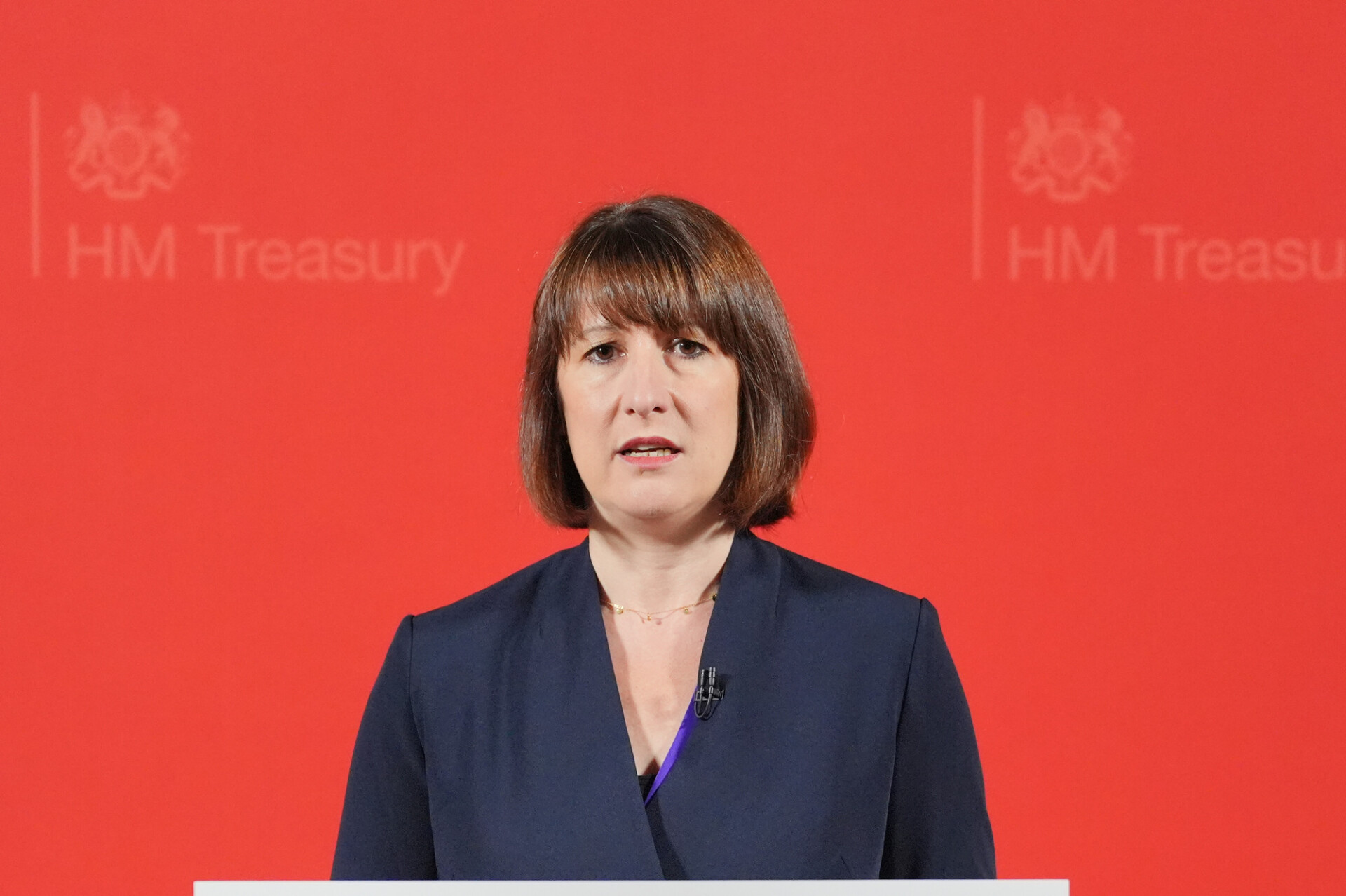While ours may be an age of polarisation, a rare zone of consensus in British politics is the admission that the country is struggling. Unfortunately, the agreement ends there. Because while declinist rhetoric is now so commonplace as to be mundane, what the country does next, in attempting to overcome our malaise, remains as contentious as ever.
This week it was reported that Government borrowing rose last month, marking the third-highest September since records began in 1993. This underscores how, in addition to no productivity growth, expensive energy, insufficient housing, and an ageing population (among other things), the UK is facing a potential debt crisis. Last year’s deficit was £120 billion — with public debt hitting 100% of GDP over the summer. Perhaps most concerning of all is that interest payments on our national debt have doubled in recent years, from around 5% of total Government spending to 10% (or £116 billion) — broadly the same as defence and policing combined. According to the OBR, the present trajectory means that net public debt could reach 274% of GDP by the 2070s.
When a country’s productivity doesn’t grow for 16 years, and its outgoings do, tax rises become inevitable. The formulaic response to that, at least from some, is that expenditures should be cut instead. But this increasingly reflects a lack of realism as to where taxpayers’ money goes. The English county facing the largest budget deficit? Prosperous — and Conservative — Hampshire, with 83% of Hampshire County Council’s expenditures going on child and adult social care. That’s an increase of £420 million a year when compared to 2010. Over the same period, funding to the council from Westminster has fallen by 46%.
Of course it’s a balancing act to reduce the deficit, and improve public services, without dampening economic activity. Here, however, there was some rare good news on Tuesday with the IMF upgrading Britain’s growth forecast for 2024 from 0.7% to 1.1%. Low inflation, rising real wages, and surprisingly expansionary output: it does make one wonder why Rishi Sunak didn’t wait until October to call a general election. Tax rises will invariably hurt those on the receiving end after next week’s Budget, but falling prices, and cheaper costs of borrowing, will ease the pain.
But where precisely might Rachel Reeves find the money she needs to not only reduce the deficit, but fund pay rises for junior doctors and rail workers? Separate from her admission that she is changing fiscal rules to allow for up to £50 billion more borrowing, one suggestion has been the introduction of employer national insurance contributions on pensions — something which would add up to 2% to the cost of any company’s payroll. Another mooted shift has been an increase to capital gains tax, with an exception being made for the sale of second homes. Then there’s the sleight of hand which will keep tax bands where they are, widely referred to as “fiscal drag” — a particularly effective ruse given wages are rising rapidly.
Finally there is inheritance tax, where the Chancellor may look to change the present “seven year rule” on gifts. At present, assets passed on seven years or more before an individual dies aren’t subject to inheritance tax, while those that fall within this period are. One easy win for the Government would be bumping this up to 10 years. Between all of these measures, the Government could expect to raise a significant amount. The changes to NI contributions alone could generate as much as £17 billion annually. And that “stealth” freeze to income tax thresholds? That could add up to £7 billion a year to the Exchequer after 2028.
Britain now spends as much servicing its public debt as it does on education. Nothing works, and the social contract has broken down between the state and anyone under 50 — or who hasn’t benefited from a decades-long asset boom. The only serious response to all this is accepting that the country will need to become more productive, make hard choices and raise taxes — on wealth in particular. The alternative, in the long term, is something resembling state failure. This is the dark road Britain is going down. And next week, as Reeves delivers her first Budget, it’s something her critics should reflect upon.











Join the discussion
Join like minded readers that support our journalism by becoming a paid subscriber
To join the discussion in the comments, become a paid subscriber.
Join like minded readers that support our journalism, read unlimited articles and enjoy other subscriber-only benefits.
Subscribe